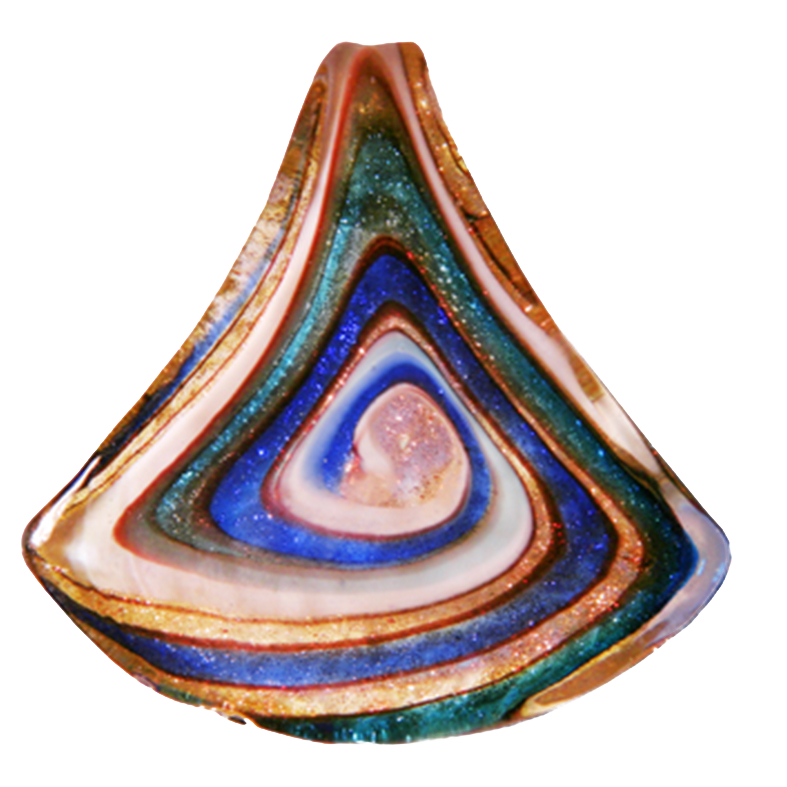Elder Care
It is interesting to consider that the oldest and most significant Chinese medical classic, the Yellow Emperor’s Classic, opens with the Yellow Emperor asking his court physician a question related to geriatrics. He wonders why people in ancient times lived past 100 years of age but in his age were worn out at half at age. The physician responds that the people have ‘lost the Tao [the way]’, i.e., their connection with nature.
In TCM theory our vital energy, life force, or ’Jing’ is seen gradually decline as we age. This is a healthy and natural part of aging, but the decline may be delayed depending upon how we live our lives. We are born with only a finite amount of Jing, and indulging in unhealthy behaviours such as drinking or drugs can speed its depletion.
For many of the chronic painful conditions that often accompany older age, the only available treatments are palliative care and pain management. Persistent pain can interfere with physiological functions, induce age-related substance abuse, increase suffering, and decrease quality of life. A recent study showed that while alcohol abstinence is more common in depressed older adults, 19% of depressed people were at–risk drinkers (van den Berg et al., 2014). Because at–risk drinking is associated with more severe depression and may have a negative impact on health and treatment outcome, it is important that healthcare providers consider and treat alcohol use in depressed older adults.
Evidence that acupuncture can be a clinically effective and cost-efficient approach for many age-related health problems is growing (Lafferty et al., 2006). Acupuncture has been shown to protect the immune system against the negative effects of stress and aging by inhibiting inflammatory cytokines (Kavoussi & Ross, 2007), modulating leukocytes (Mori, Nishijo, Kawamura, & Abo, 2002), increasing T-cells (Cabyoglu, Ergene, & Tan, 2006), and increasing interleukin (IL)-2 while decreasing IL-6. Acupuncture has a well-known and accepted analgesic and antidepressant effect resulting from increased levels of endorphin, encephalin, serotonin, and dopamine in the brain (Cabyoglu et al., 2006).
From the perspective of the health service manager, the integration of complementary medical approaches (such as TCM acupuncture) gives their service an enhanced holistic capacity by filling therapeutic gaps in existing healthcare practices, treating the person as a whole, and increasing healthcare choices (Singer & Adams, 2014). Age-related pain, chronic disease, and psychiatric problems are addressed by the provision of a mind–body approach that integrates acupuncture with conventional Western health-care through. Health service managers credit the addition of acupuncture, among other complementary treatments, to their service with allowing patients access to treatments they might otherwise not be able to afford and thus increasing their healthcare choices (Singer & Adams, 2014).
